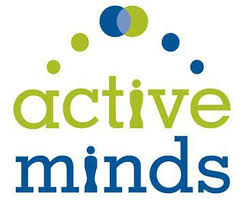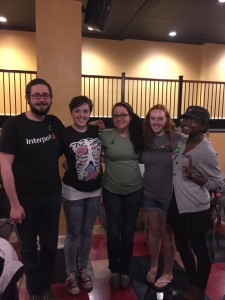By John Bonus, Transcript Reporter
Students gathered in solidarity to talk about mental illness and the effects it has on students’ lives Oct. 3 in Bishop Cafe.
The Mental Health Speak Out was meant to provide a safe space for students to talk about their personal experiences with mental illness, whether it has af- fected them personally or people close to them.
The event was organized by Active Minds, a national organization dedicated to changing the conversation about men- tal illness. The Active Minds club at OWU holds this event every fall semester.
President Larynn Cutshaw said,“Our goal is finding ways to get people talking about mental illness and to eliminate the stigma that exists around it.”
According research done by the National Alliance on Mental Illness, “One in four [college] students have a diagnosable illness, 40 percent do not seek help, 80 percent feel overwhelmed by their responsibilities, and 50 percent have been so anxious they struggled in school.”
Many students came to the event to support their fellow students, such as sophomore Sydney Nadler.
“It’s really important for us to have things like this so that people know they are not alone and that they have support here at school,” Nadler said.
The Active Minds club meets every other Tuesday in Welch. More informa- tion regarding the club can be found on its Facebook page.

